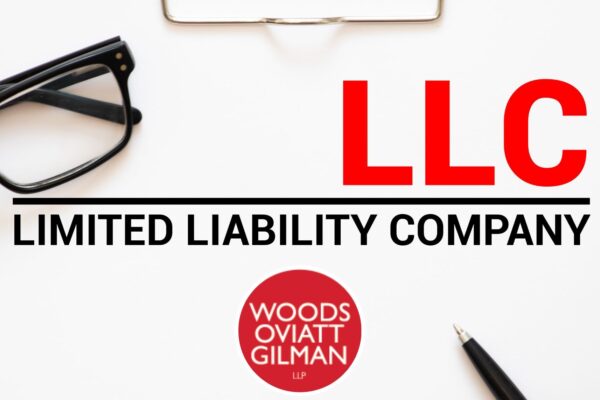Should I Deed My Home to My Children?
By: R. Thompson Gilman, Esq.
We find this to be one of the most commonly asked questions by senior citizens; and frequently, our advice is yes.
Clients' homes are one of their most significant assets, and both the monetary value and sympathetic value makes the preservation of this asset a paramount estate planning concern. Why would a client consider conveying the home to children before death? The main reasons are:
- Avoid losing the house due to future nursing home expenses
- Avoid probate following death.
Although there may be tax reasons for gifting the residence during lifetime, many clients' primary goal in doing so is to protect the home from loss in the event their future nursing home expenses exceed their other available resources.
A common approach is to convey the home by Deed with Reserved Life Estate. This is a rather simple technique that gives many clients peace of mind in the face of uncertain future long-term health care needs. The Deed is an irrevocable gift (usually to a child or children) but the parent(s) reserves the right to continue living in the home. This is considered an irrevocable gift for nursing home planning purposes. The reserved life estate is assigned a value based on the donor's age, reducing the value of the transfer for Medicaid eligibility purposes. A $150,000 home transferred by Deed with Reserved Life Estate by a 70-year-old client results in about 11 months disqualification from Medicaid if the client applies for Medicaid within 5 years of the transfer. So long as the client either (1) does not need Medicaid benefits for nursing home care for more than 5 years, or (2) has sufficient other resources to pay the cost of nursing home care until the expiration of the 5 year "look back," the conveyance will be effective to preserve the home for the family.
There are many interesting aspects to this technique, including:
- New York has repealed its gift tax law, making gift taxes a non-issue in most cases. (The Federal gift tax exemption is currently $5.43 million.)
- If the home is not sold during the donor parent's lifetime, the children will get a "stepped up" tax basis equal to the date of death value, eliminating capital gains taxes on the home's later sale in most cases.
- The donor parent will retain full use and enjoyment of the residence and remains responsible for the ordinary recurring expenses as before the transfer.
- If the donor parent requires nursing home care and his or her other resources are spent down (or legally transferred), the retained life estate does not jeopardize Medicaid benefits when the parent is otherwise eligible for Medicaid for nursing home costs.
- If the home is sold during the parent's lifetime, Medicaid requires the actuarial value of the life estate (a fraction of the proceeds) be paid back to the parent (and applied to the cost of his or her care if then in a nursing home).
This last point can be addressed (and we usually recommend) by conveying the home to an irrevocable trust instead of directly to the children. With the trust, the entire proceeds of sale can be retained in the trust, with only the interest and dividends on the invested proceeds applied to the parent's care, and the principal preserved for the children. If property is transferred to a trust, its full value would be counted in determining the Medicaid "penalty period" resulting from the transfer. For a $150,000 home in the example above, the penalty period would be about 14 months.
Both methods (life estate deed or trust) offer the advantage of probate avoidance, usually accomplished in connection with additional probate avoidance techniques (including using the irrevocable trust for cash and securities, in addition to the home).
Transferring the family home to children has become one of the most common, simple and effective estate planning strategies. If you are interested in learning more on this topic, please consult your Woods Oviatt Gilman LLP attorney.


